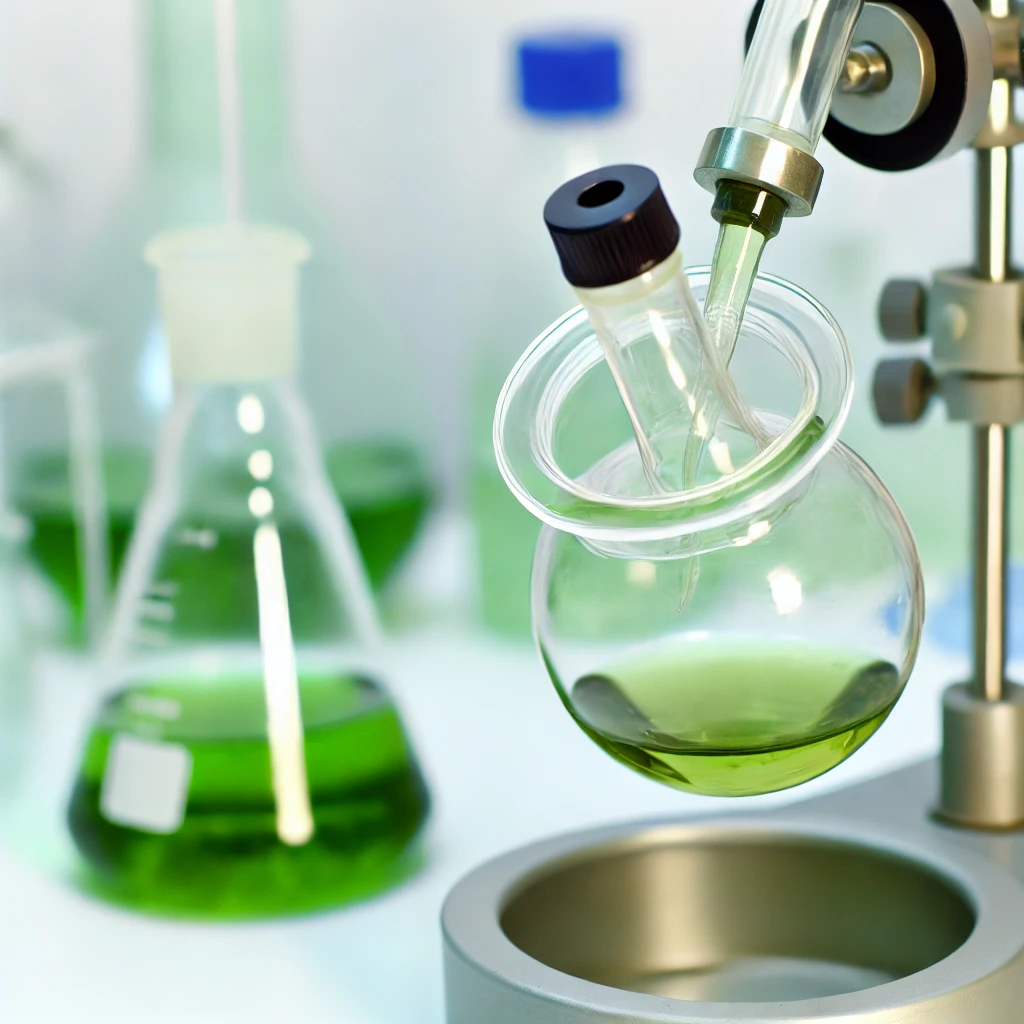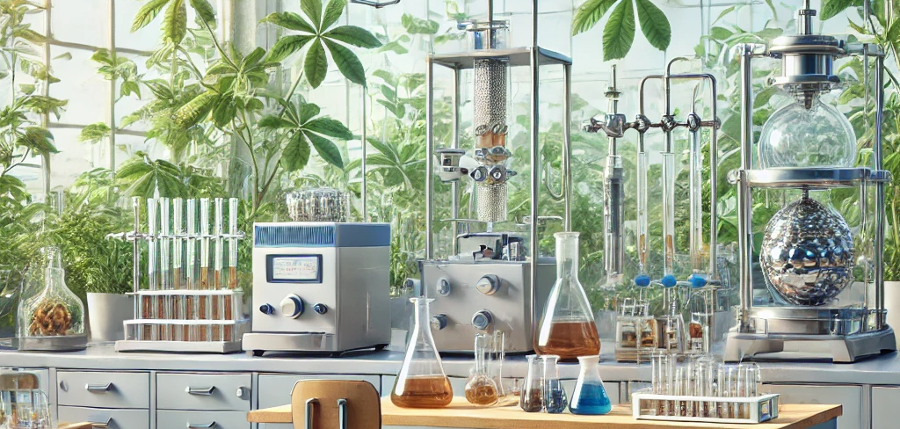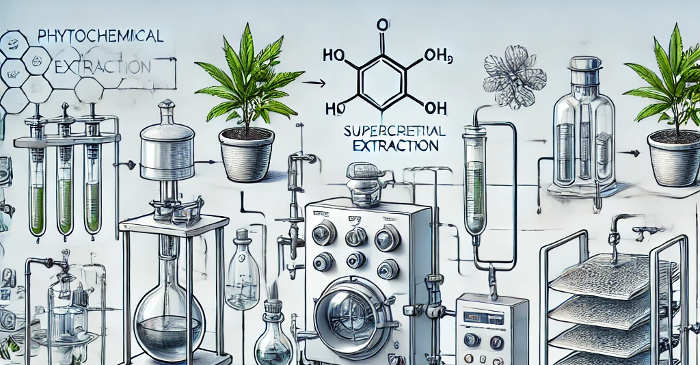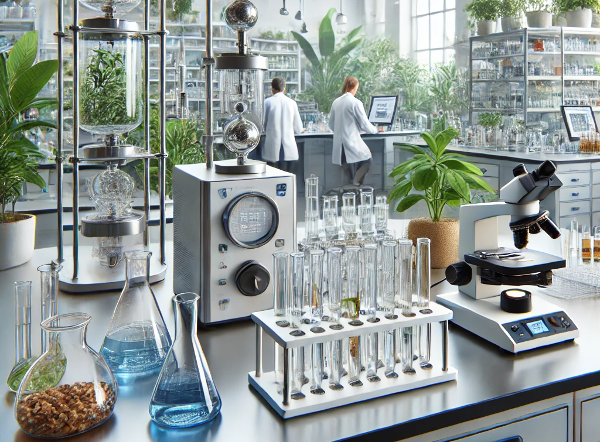Phytochemical Extractions using multiple solvents
Offering expert phytochemical extractions using multiple solvents, our research outsourcing service delivers precise analysis and customized extraction solutions to support advanced botanical research and product development.
₹ 1000
Per one sample using one solvent
+91-8977624748
Our research outsourcing service specializes in advanced phytochemical extractions using a diverse range of solvents. We provide tailored extraction processes designed to isolate and analyze specific compounds from botanical sources, ensuring the highest levels of purity and efficacy. With state-of-the-art facilities and a team of experienced scientists, we support your research and product development needs, from initial extraction through to detailed analysis. Partner with us for reliable, efficient, and innovative phytochemical solutions that drive your projects forward.
Phytochemical Extraction Process
Phytochemical extraction is the process of isolating biologically active compounds from plants. These compounds, known as phytochemicals, include flavonoids, alkaloids, terpenes, and phenolic acids, among others. The extraction process typically involves the use of solvents to separate these compounds from the plant material.
Plant Parts Used
Various parts of the plant are utilized depending on the desired phytochemical. Commonly used parts include:
- Leaves
- Roots
- Bark
- Flowers
- Seeds
- Fruits
Solvents Used
The choice of solvent is crucial as it affects the efficiency of the extraction process. Common solvents used include:
- Water
- Ethanol
- Methanol
- Acetone
- Chloroform
- Hexane
- Ethyl Acetate
- Others
Procedures Implemented
Various extraction techniques are employed based on the nature of the phytochemicals and the desired outcome:
- Maceration: Soaking plant material in solvent at room temperature.
- Percolation: Continuous flow of solvent through the plant material.
- Soxhlet Extraction: Continuous extraction using a Soxhlet apparatus for efficient solvent usage.
- Ultrasound-Assisted Extraction: Using ultrasonic waves to enhance the extraction process.
- Supercritical Fluid Extraction: Using supercritical CO2 as a solvent for selective extraction.
Phytochemical Testing and Analysis
Once extracted, phytochemicals are analyzed using various techniques to determine their composition and purity:
- High-Performance Liquid Chromatography (HPLC) : Used for separating and quantifying compounds.
- Gas Chromatography-Mass Spectrometry (GC-MS) : Used for analyzing volatile compounds.
- Fourier Transform Infrared Spectroscopy (FTIR) : Identifies functional groups in the compounds.
- Ultraviolet-Visible Spectroscopy (UV-Vis) : Used to determine the concentration of phytochemicals.
Note: Additional costs are applied for these analysis.
Types of Phytochemicals
Various phytochemicals are extracted globally for their health benefits and industrial applications, including:
- Alkaloids: Known for their medicinal properties.
- Flavonoids: Antioxidants with anti-inflammatory properties.
- Terpenoids: Used in perfumes and essential oils.
- Phenolic Acids: Antioxidants found in fruits and vegetables.
- Saponins: Used in cosmetics and pharmaceuticals.
- Glycosides: Important in heart medications.
- Many more...
Industries Utilizing Phytochemicals
Phytochemicals are extracted for use in various sectors, including:
- Pharmaceuticals
- Cosmetics
- Food and Beverages
- Nutraceuticals
- Agriculture
- Essential Oils and Perfumery
- Many more...
Advantages of Phytochemicals
Phytochemicals offer numerous health and industrial benefits:
- Health Benefits: Antioxidant, anti-inflammatory, and antimicrobial properties.
- Industrial Applications: Used in the formulation of drugs, cosmetics, and food additives.
- Environmental Benefits: Sustainable and renewable sources for active compounds.
- Many more...




